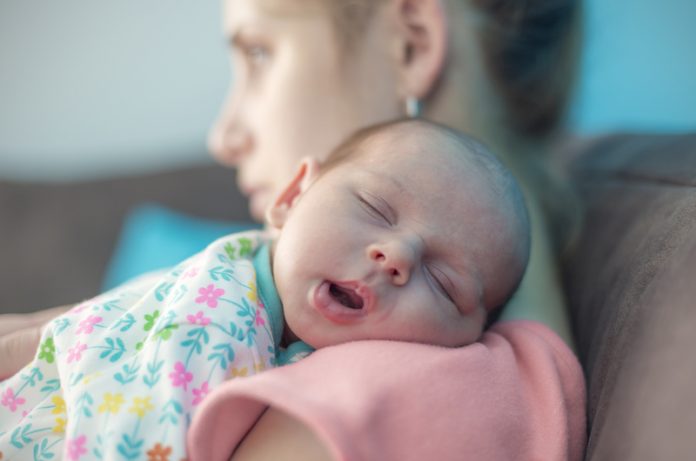Around 10-15 per cent of women suffer postpartum depression after giving birth. This year’s World Health Day will highlight this important issue
Depression affects one in seven people at some point in their lives. However, despite this fact mental health problems are still seen as a taboo subject.
Today, Mental Health Europe (MHE), Make Mothers Matter (MMM), and the European Women’s Lobby (EWL) have come together to raise awareness and shed light on one particular form of depression: postpartum.
Postpartum depression
Some 10 to 15 per cent of women reportedly suffer from postpartum depression across Europe. Postpartum depression occurs after giving birth and can result in many challenges for families. Women are at a higher risk of developing mental health difficulties after childbirth and during pregnancy itself. Risk of developing this increases if women experience perinatal complications, but there is no single cause behind the development of the condition.
With this in mind World Health Day seeks to raise awareness of this condition, which, despite its prevalence remains a taboo subject.
Tackling postpartum depression
The issue of postpartum depression is one that is often swept under the rug or denounced as new mothers simply suffering from a case of the ‘baby blues’. To break through this view raising awareness and educating people about the condition is imperative.
MHE, MMM, and EWL have identified peer-to-peer support, and educational programmes for mothers, partners and relatives as a way of addressing postpartum. Furthermore, providing suitable mental health maternity services is vital, as is ensuring safe and dignified care during childbirth.
The group also noted that it is crucial women considered to be high-risk are offered as early as possible. This includes unwanted or unplanned pregnancies, traumatic deliveries, women in difficult socio-economic situations, and those who have suffered obstetric violence—the appropriation of women’s body and reproductive processes during birth by health professionals in a dehumanising manner.
The three organisations hope to seek change and have called on the European Commission to act to protect expectant and new mothers. This includes examining the possibility of longer maternity and parental leave.
Additionally, research needs to continue, particularly into areas such as the impact of obstetric violence on the psychological wellbeing of women.
The group also called for the development of European-wide initiatives to raise awareness of postpartum, as well as guidelines on good practice during childbirth.
Visit the website for more information on World Health Day 2017.











